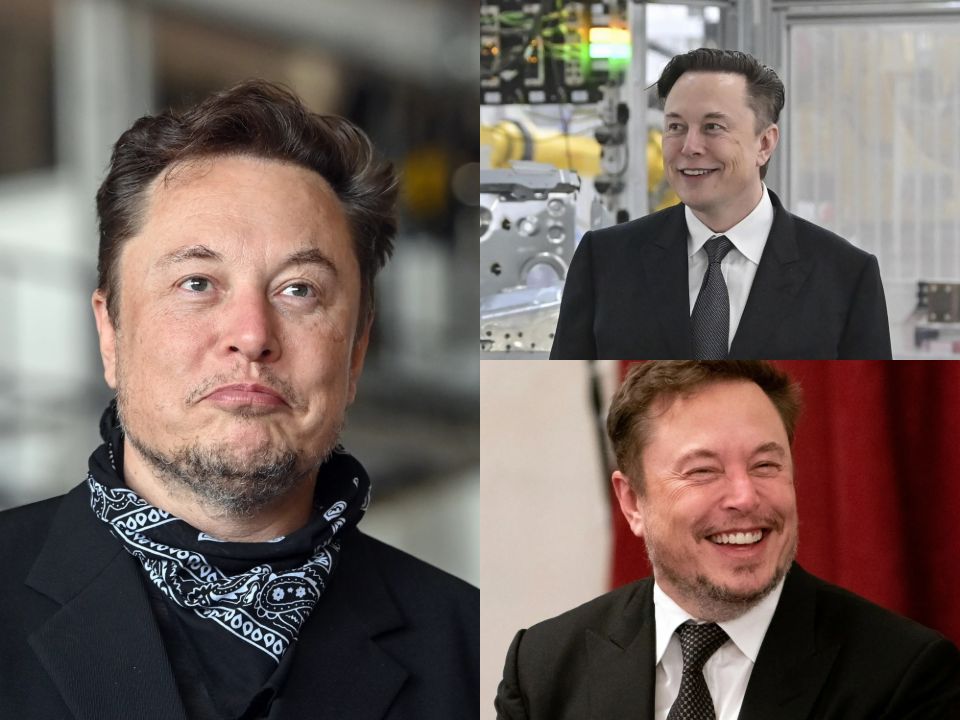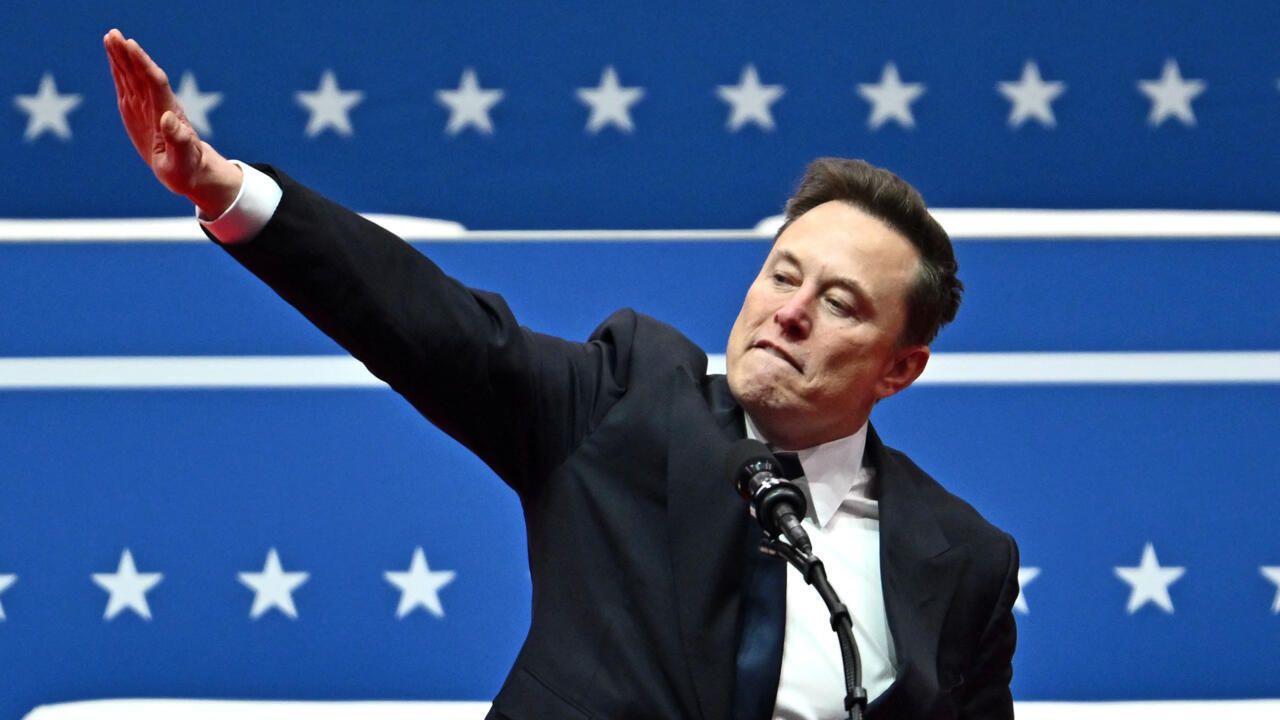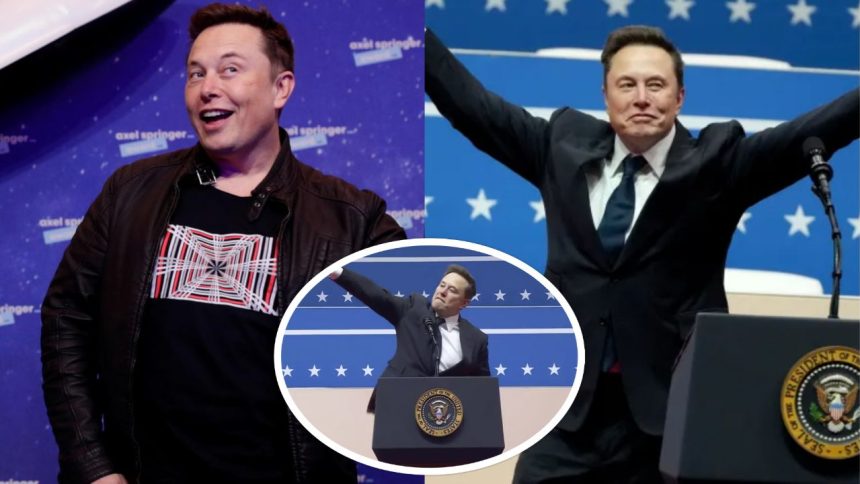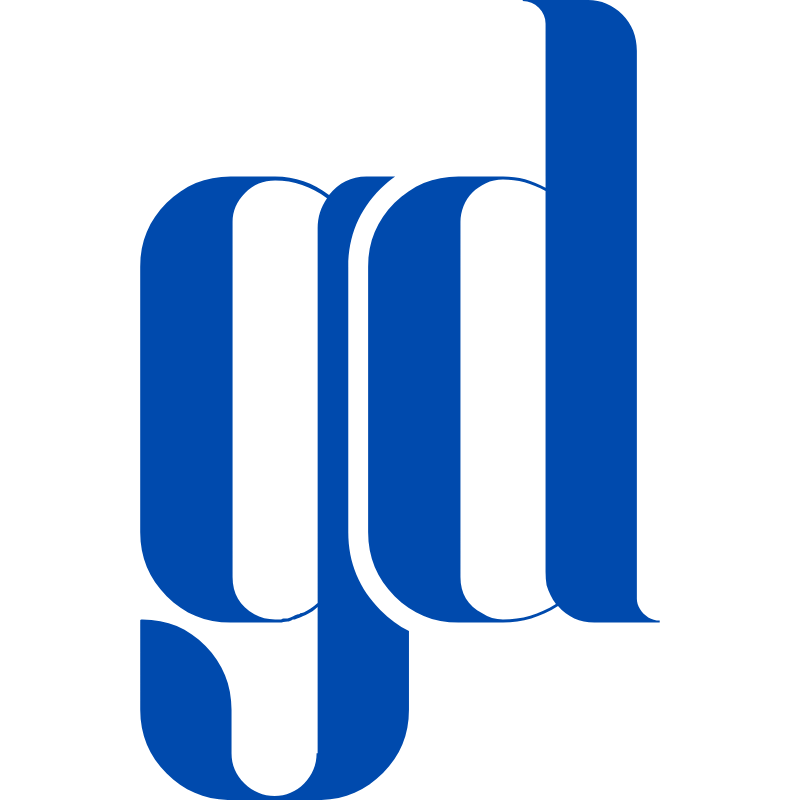Elon Musk, the enigmatic billionaire and tech mogul behind Tesla and SpaceX, has always been a subject of fascination, controversy, and endless speculation. Whether he’s launching rockets into space, shaking up social media with provocative posts, or casually revealing personal details about himself, Musk keeps people talking.
One particular revelation that captured attention came in May 2021 during his appearance on Saturday Night Live (SNL), when he publicly shared that he has Asperger’s syndrome, a form of autism spectrum disorder (ASD). “I’m making history tonight as the first person with Asperger’s to host SNL—or at least the first to admit it,” Musk said, blending humor with candor in his opening monologue.
Is Elon Musk Really Autistic?
Yes, Elon Musk is actually autistic and has been diagnosed with Asperger’s syndrome, a form of autism spectrum disorder (ASD), which he publicly revealed in 2021. He openly discussed how being on the spectrum has influenced his unique way of thinking, his intense focus, and his challenges with social cues throughout his life and career. Musk’s candid acknowledgment of his autism has sparked conversations about neurodivergence and its role in innovation and success.

This disclosure added another layer to the already complex persona of Musk. Asperger’s syndrome, named after Austrian pediatrician Hans Asperger who first described its traits in the 1940s, is a neurodevelopmental condition that affects how individuals perceive and interact with the world. People with Asperger’s often experience challenges with social communication, tend to have intense, highly-focused interests, and may struggle to pick up on social cues or understand implied meanings in conversation.
Musk has openly discussed how these traits shaped his experiences, from growing up in South Africa to his rise as one of the most influential figures in tech. Speaking at TED2022, Musk shared that as a child, understanding social cues “was not intuitive.” He admitted he would often take things literally and later realized that people didn’t always say what they meant, describing it as a trial-and-error process to figure out social norms.
My mom and I on SNL pic.twitter.com/x21GHVSOHl
— Elon Musk (Parody) (@ElonMuskAOC) December 16, 2024
But here’s the twist: traits commonly associated with Asperger’s—like obsessive focus and unconventional problem-solving—might also be part of Elon Musk’s secret sauce. Musk himself has linked his neurodivergence to his ability to spend countless hours immersed in programming or his early obsession with physics and the meaning of life. His relentless curiosity and work ethic propelled him to start companies that transformed industries, from PayPal to Tesla and SpaceX.
“To anyone I’ve offended [with my Twitter posts], I just want to say I reinvented electric cars and I’m sending people to Mars in a rocket ship. Did you think I was going to be a chill, normal dude?” he quipped on SNL—a moment that perfectly encapsulated his unorthodox charm.
The term “Asperger’s” itself has had an evolving history. Once considered a distinct diagnosis, it was folded into the broader category of autism spectrum disorder in 2013 by the Diagnostic and Statistical Manual of Mental Disorders (DSM-5). While the change remains controversial for some, many people, including Musk, still choose to use the term as part of their identity.
The British National Autistic Society describes Asperger’s as a lifelong condition, emphasizing that it is not an illness or something to be “cured.” Instead, it’s a fundamental aspect of an individual’s identity that shapes how they experience the world. Musk’s public acknowledgment of his Asperger’s has been seen by many as a step forward in raising awareness and challenging stereotypes about neurodivergence, especially in professional and high-profile settings.
Elon Musk’s Autism and the Inaugural Salute Controversy
Full Elon Musk Video:
Ok, let’s keep this real, Elon Musk is NOT a Nazi. The Salute APPEARED similar to a roman or Fascist salute but was NEITHER! For clarity, Nazis do NOT support Israel…Elon DOES! Fascists do not support big Corp Capitalism… Elon DOES!
So, No matter what… pic.twitter.com/nj8D5YDjc5
— Knights Templar International (@KnightsTempOrg) January 23, 2025
Of course, Elon Musk’s Asperger’s has also become a point of discussion in more contentious contexts. In January 2025, during the inauguration of Donald Trump’s second term as U.S. President, Musk sparked controversy by making what some interpreted as a Nazi salute during an indoor “inaugural parade” at the Capital One Arena in Washington, D.C.
The gesture, repeated multiple times, ignited a firestorm online, with far-right commentators gleefully amplifying the moment and Musk’s critics expressing outrage. Yet, rather than directly addressing the accusations, Musk dismissed them on X (formerly Twitter), the platform he owns, with a flippant response: “The ‘everyone is Hitler’ attack is sooo tired,” complete with a snoozy emoji.
Some defenders pointed to Musk’s neurodivergence as a possible explanation for the gesture, suggesting it was an awkward moment of excitement rather than an intentional signal. Far-right commentator Evan Kilgore tweeted, “Elon Musk is autistic. He was excited. We all know his intentions weren’t to make a Sieg Heil. It looked much more like a Roman Salute.”
However, this defense only added fuel to the fire, as the “Roman Salute” itself has historical ties to fascism. The Anti-Defamation League stepped in to urge the public to give Musk “the benefit of the doubt,” calling it “an awkward gesture in a moment of enthusiasm.” Yet, the incident became another example of how Musk’s every action—intentional or not—tends to polarize public opinion.

Despite the controversies, Musk’s candidness about his Asperger’s has inspired many. Workplace neurodiversity researchers Amy Hurley-Hanson and Cristina Giannantonio from Chapman University note that Musk’s openness could encourage young adults with autism to embrace their differences and pursue ambitious goals. For individuals with “invisible disabilities” like Asperger’s, such role models are rare but crucial in challenging stigmas and fostering inclusion.
Elon Musk’s story—his triumphs, missteps, and unique perspective—shows how neurodivergence can be both a challenge and a superpower. His ability to think differently has driven innovations that have redefined industries, yet his unfiltered communication style often lands him in hot water.
Whether you see Musk as a visionary, a provocateur, or simply a man navigating life on his terms, one thing is certain: his Asperger’s is an integral part of the story. It’s the lens through which he experiences the world, the engine behind his groundbreaking ideas, and occasionally, the source of misunderstandings. In Musk’s own words, “That’s just how my brain works”—a phrase that resonates with millions of neurodivergent individuals finding their place in a world that doesn’t always see things the way they do.



